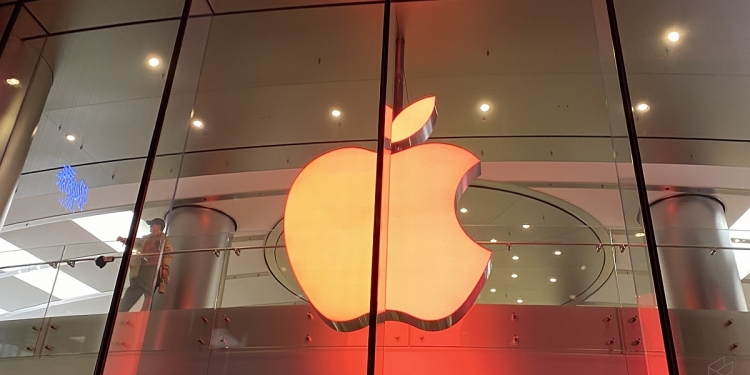Apple has found itself the target of two European Union (EU) anti-trust investigations over potential breaches of European competition rules. Both Apple Pay and the App Store are under investigation by the European Commission (EC) for potential breaches of European competition rules.
The case was triggered by complaints made by Spotify and Rakuten, who owns Kobo an e-book reader app, on the impact of the App Store rules on competition in music streaming and e-books.
Spotify alleges that Apple is harming consumers and stifling innovation through its policies that raise barriers to competition while promoting its own services. In both complaint cases, Apple pushes its own apps Apple Music and Apple Books.
One of the probes will look into Apple’s mandatory requirement for developers to use its in-app purchase (IAP) system, of which Apple takes a 15-30% cut, sometimes referred to as ‘Apple Tax’. This means that if developers were to sell a subscription or ebook on the App Store, Apple would take a 30% commission on every item sold.
However, Apple has responded to these allegations in June 2019 stating that none of Spotify’s users, both free and premium, are paying 30% to Apple. The company also stated that the 30% Apple Tax is only imposed for the first year and subsequently drops to 15% in ensuing years, something that Spotify failed to mention in its complaints.
The investigations will also look into Apple’s restrictions imposed on developers to inform users of other ways to pay for digital content outside of the in-app system.
According to the EC, it is concerned that Apple’s restrictions may distort competition for music streaming services on Apple’s devices. The IAP obligation also appears to give Apple too much of an advantage of competitors.
The second probe looks into Apple Pay, the company’s mobile payment and digital wallet service. Specifically, it is looking into Apple’s restrictions that ensure the service is the only option available to its iPhone and iPad users that want to make contactless payments.
Apple limits access to the Near Field Communication (NFC) functionality of its devices, disallowing banks and other financial service providers from offering NFC payments through their own apps.
Regulators worry that Apple’s measures deny consumers the benefit of any new payment technologies and the ability to choose between different providers.
These investigations come after German lawmakers voted in favour of legislation that could force Apple to allow other companies to access its phone’s NFC chips.
This is the first time Apple has faced a formal investigation by the European Union (EU) over competition law. If it is found to have breached EU competition rules, Apple would face penalties of up to 10% of its global turnover.








